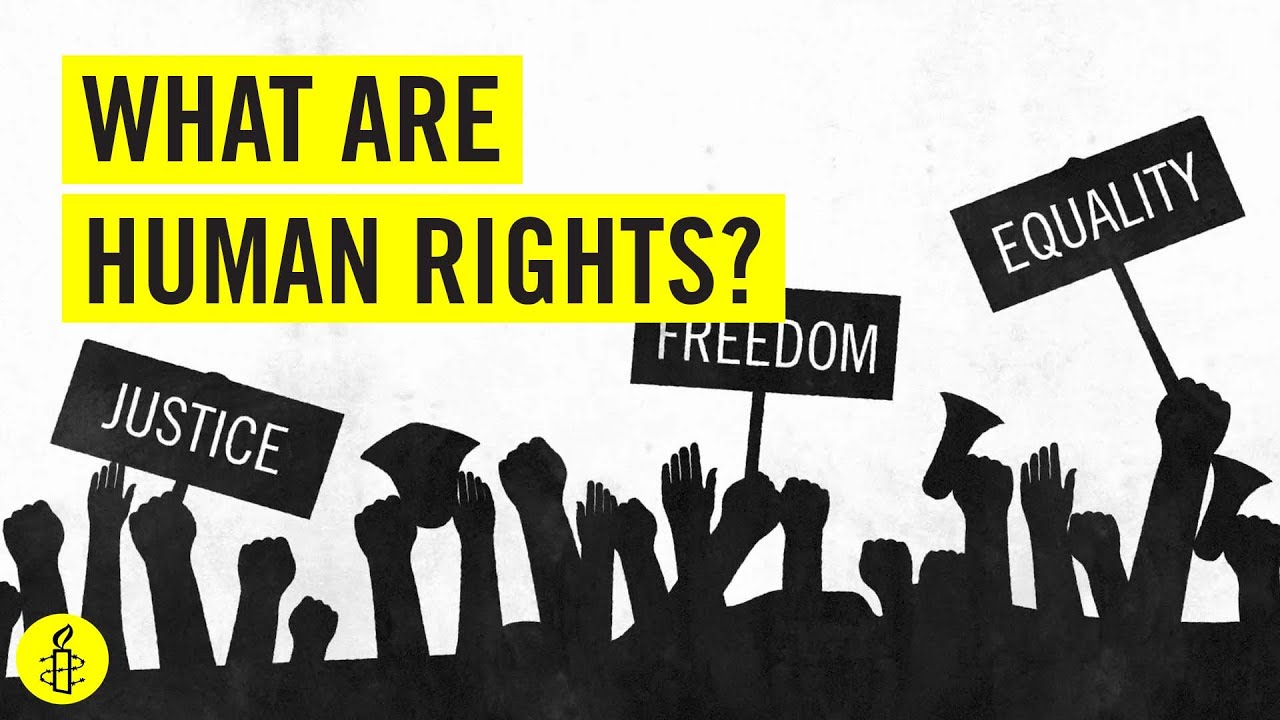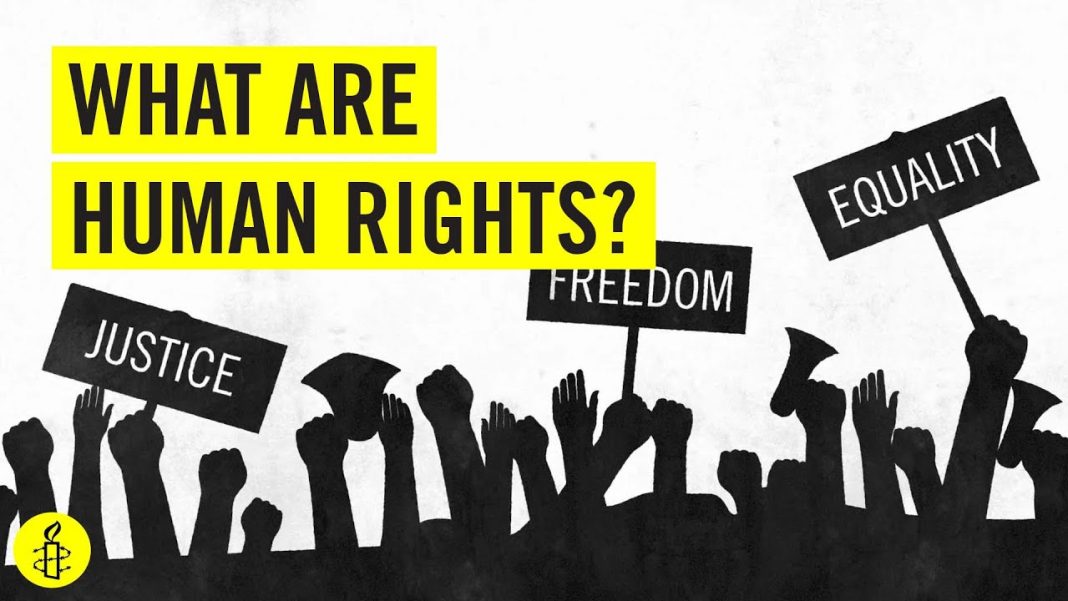
American investors, researchers, and journalists are facing increased risks in Hong Kong due to the city’s new national security ordinance, Article 23. The U.S. Departments of State, Agriculture, Commerce, Homeland Security, and Treasury issued an updated Hong Kong Business Advisory on September 6, warning American businesses, academic institutions, and media about the potential targeting of their regular operations in the Asian financial hub.
Article 23, which is a provision of Hong Kong’s Basic Law, has drawn criticism from the United States, the UK, and other foreign governments. This new ordinance builds upon similar legislation imposed by the Chinese Communist Party (CCP) in Hong Kong four years ago after mass pro-democracy protests. The maximum penalty for offenses such as treason, insurrection, and sabotage is now life imprisonment.
The U.S. advisory highlights the broad and vague provisions of the new ordinance, particularly focusing on activities such as colluding with external forces and engaging in acts related to state secrets and espionage. Routine activities like researching government policies, analyzing China’s economic landscape, maintaining contact with officials, journalists, and NGOs, and managing data within Hong Kong are considered risky under the new legislation.
Businesses operating in Hong Kong could also face privacy-related risks, including electronic surveillance without warrants and the surrender of data to authorities. The expanded legal power granted by Article 23 allows Beijing and Hong Kong officials to obtain data from businesses and individuals in the city for activities that they perceive as violating national security or involving the theft of a state secret.
The advisory further raises concerns about the extraterritorial reach of Article 23 in light of the CCP’s transnational repression. Hong Kong authorities have already imposed arrest bounties on overseas-based pro-democracy activists, even before the law was enacted. The Hong Kong police offered rewards for information leading to the capture of activists who have sought refuge in other countries, including the United States and the UK.
This action has been condemned by U.S. Secretary of State Antony Blinken, who criticized the Hong Kong authorities’ disregard for international norms and human rights. He stated that the United States strongly opposes any efforts to intimidate and silence individuals who choose to make the U.S. their home.
Since the enactment of the existing security law in 2020, more than 200 people have been arrested on allegations of violating it, with around half subsequently convicted. The Hong Kong government’s implementation of the national security law has resulted in major structural changes that significantly reduced Hong Kong’s autonomy and undermined human rights and fundamental freedoms.
In response to the U.S. business advisory, the Hong Kong government labeled it as misleading and accused the U.S. government of trying to create panic. The city’s pro-Beijing leaders called for the U.S. government to stop making false and baseless accusations about the situation in Hong Kong.
As a result of Article 23, the U.S. State Department updated its travel advisory for Hong Kong, urging Americans to exercise increased caution due to the arbitrary enforcement of local laws. Canada also issued a similar warning, advising people to exercise a high degree of caution while visiting Hong Kong, citing the risk of arbitrary enforcement of local laws.
In May, Hong Kong authorities made their first known arrest under the new security law, charging six individuals with allegedly publishing seditious posts on a social media platform.
Overall, American investors, researchers, and journalists must be aware of the risks they face in Hong Kong due to the new national security ordinance, Article 23. The broad and vague provisions of the legislation, along with the potential for electronic surveillance and data surrender, pose significant challenges for businesses operating in the city. The extraterritorial reach of the law and the arrest bounties on overseas-based activists further highlight the erosion of human rights and international norms in Hong Kong. The U.S. government’s advisory serves as a warning to American citizens, urging them to exercise caution while in Hong Kong.


